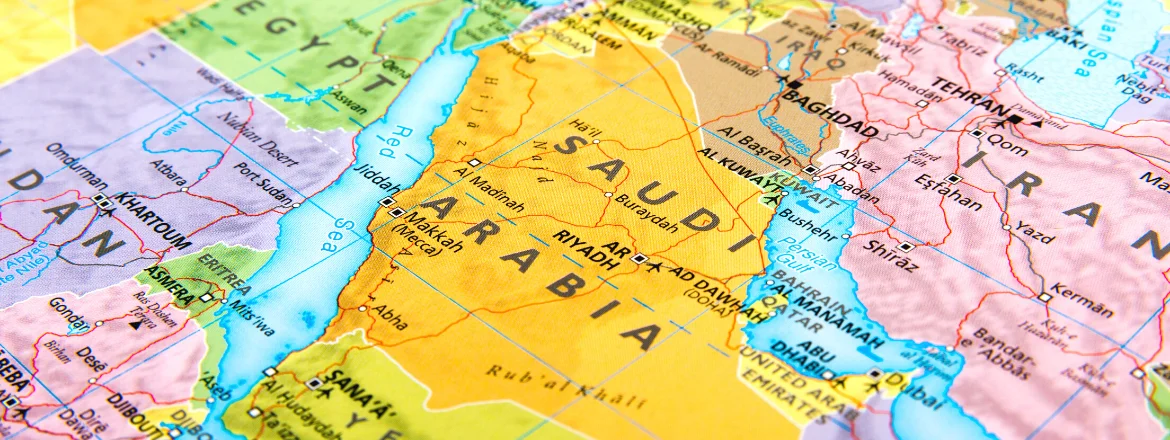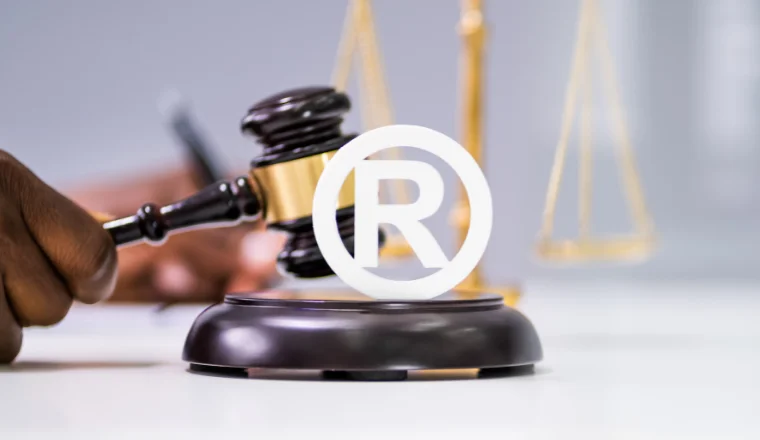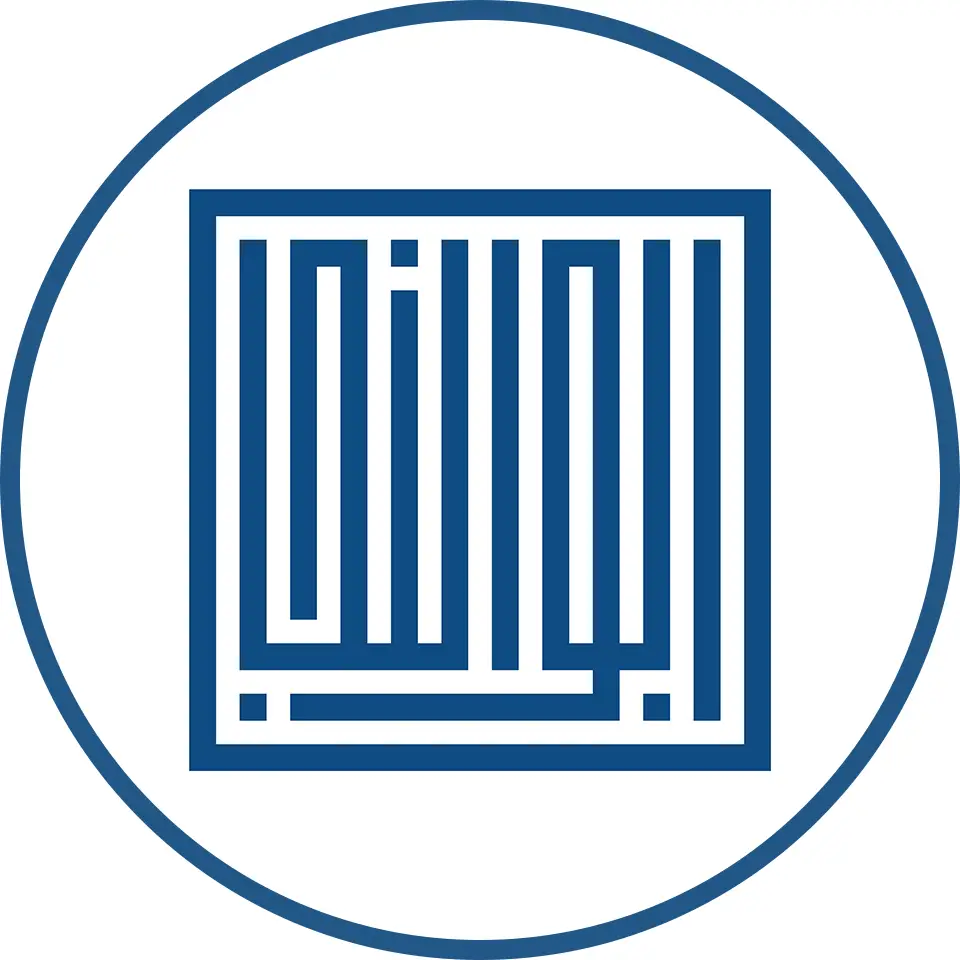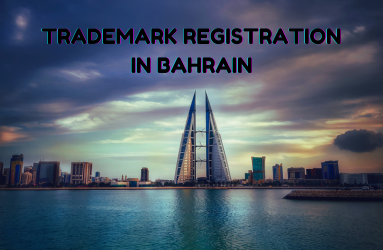Intellectual Property Protection in the Middle East in 2021

Table of Contents
What separates human beings from other animals is our ability to dream and create. Creativity fuels everything from scientific discoveries, art, music, and even the food we eat. However, creativity and ownership are not limited to the tangible things we can touch and hold. Ownership extends to the intangibles like our ideas or works in progress that could change the world in the future. This article explains the ways for Intellectual Property Protection in the Middle East region.
In line with this, intellectual property rights are linked to Article 27 of the Universal Declaration of Human Rights. Thus, intellectual property protection is a human right.
Specifically, the Middle East is rich in culture, creativity, and heritage. All of which can be leveraged for economic growth and advancement. Traditionally intellectual property protection in the Middle East was not integral as the Arabic culture looked at imitation as more of a compliment rather than stealing. However, with globalization and the rise of the internet, it has become more and more pressing for the standardization of IP protection, not just in the region, but across the globe.
Notably, the Middle East consists of 17 countries, namely Bahrain, Cyprus, Iran, Iraq, Israel, Jordan, Kuwait, Lebanon, Oman, Palestine, Qatar, Saudi Arabia, Syria, Turkey, The United Arab Emirates, Yemen, and Egypt.
Everyone has the right to the protection of the moral and material interests resulting from any scientific, literary or artistic production of which he is the author.
What is Intellectual Property
Intellectual property, commonly known as IP, includes copyrights, trademarks, patents, and more. It is the rights that cover these intangibles that drive innovation and discovery. This is because IP protection gives inventors an economic incentive to keep pressing on despite setbacks and failures. IP rights protect their holder from exploitation and copycats. They allow businesses to retain their competitive advantage and generate income through royalties and other monetization avenues.
In recent years the Middle East has started positioning itself to compete with more developed regions like the West and the Far East. In fact, world-class cities have sprung up across the desert landscape seemingly overnight. These cities possess cutting-edge infrastructure and opportunities for growth. For instance, the United Arab Emirates (UAE) will soon host Expo 2020, thus hosting the world in its backyard.
As a result, countries, and companies are set to converge in the UAE at a scale that hasn’t been seen since before the COVID-19 pandemic. Similarly, Qatar will also soon host the FIFA World Cup in 2022. This will be the first time the illustrious events will be held in the Middle East. As such, it is becoming increasingly important for the region to align itself with international IP protection standards.
Types of Intellectual Property Rights
Intellectual property is any creation that has economic value. As such, certain rights are given to the person who owns the intellectual property. The World Intellectual Property Organization (WIPO) was founded in 1967 to standardize intellectual property rights. WIPO is a United Nations agency that promotes the protection of intellectual property globally.
Intellectual property is a broad term that includes various types of creations like inventions, art, music, movies, literary works, paintings, photography, brand names, and symbols. In addition, these creations are defined as intangible or non-monetary assets with a commercial value.
The benefits of intellectual property rights are not limited to financial gain, but also give the owner credit and recognition for their work. In most cases, the final product we see is the fruit of years of training, practice, investment, and effort. What we see is the final effort and not the years of failed attempts. Saudi street fashion photographer Lina Mo, for instance, started working as a professional photographer for years before she found mainstream success and recognition. In addition, the media will proclaim someone an overnight success overlooking the years of effort it took to reach visibility.
The most common types of intellectual property are:
-
Copyrights
Copyright is ownership of literary, musical, dramatic, or other artistic works. Computer programs, websites, databases, adverts and much more are all copyrighted assets. By definition, a copyright protects the expression of an idea via a medium. The most common and commonly violated copyrighted material are movies that are often illegally streamed and downloaded.
Also, copyrights are automatically covered by the Berne Convention, but creators can also register their copyrights. For instance, in the UAE the Ministry of Economy handles copyright registration. Notably, copyrights enable the holder to claim ownership of their work and decide who, when, or how their work can be used. It is for this reason Taylor Swift fought so hard to regain ownership of her music masters, for example.
Normally, copyright protection lasts for the creator's lifetime and an additional 25 to 50 years in some cases. In addition, copyright laws vary from country to country as the Middle East currently does not have a unifying law.
-
Trademarks
A trademark identifies a product and links it to its source. Words, phrases, symbols, logos, designs, images, devices, and more can be trademarked. In fact, anything that can be identified as part of a business or individual's brand can be trademarked. For example, when Kylie Jenner first ventured into a business she tried to get her name Kylie branded. However, she failed after Australian pop-star Kylie Minogue opposed the claim. As such, before filing a trademark it is important to ensure that similar trademarks do not already exist.
Although trademarks usually only apply in the country of registration, you can also apply for an international trademark. A registered trademark allows the holder to gain exclusive use of the trademarked property. Also, the trademark holder can allow others to use the trademark for a fee. A popular trademark that can be used for a fee is restaurant franchises like the top Lebanese brand Zaatar W Zeit. Usually, a trademark registration lasts for ten years after which the certification can be renewed or canceled.
- Patents
A patent relates to the rights over new inventions. However, this requires the inventor to make a detailed public disclosure and provide a working prototype where applicable. For an invention to be patented, it must fit into specific criteria as defined by the country in which the patent is filed. Popular patents include pharmaceuticals as demonstrated by the global race to find a COVID-19 vaccine.
Generally, the invention must be new and be applicable in the industry. Different fields provide additional criteria to qualify for patent application. In the Middle East, a challenge with the patent application has been the jurisdiction of employers vs employee rights. To clarify, employers are not automatically the owners of inventions created by their employees during the employment period. A circumstance that can cause a lot of conflicts.
Patents generally last up to 20 years but can vary depending on the particular industry. Plant breeder rights, for instance, can last up to 25 years while design rights can last only 14 years.


Gulf Cooperation Council
Also, different governments across the Middle East are setting up systems for intellectual property compliance. For example, governments are setting up bodies to oversee the registration of trademarks, copyrights, and more. Also, there is a growing war against counterfeit products in the region. Various laws have been established to enable illegal counterfeit goods to be seized, confiscated, and destroyed.
In fact, the Gulf Cooperation Council helps oversee IP protection in the region. For example, patents held in the GCC are enforceable within all GCC member states. Also, although it is not mandatory to register copyrights, thanks to the Berne Convention, yet the Middle East is taking measures to regulate copyright registration and protection. To clarify, the Berne Convention stipulates that no formal requirement or registration is required for creators to be accorded copyright protection. Specifically, in the respective Berne Convention member states.
This is particularly important as copyright protection is the blanket intellectual property term used to broadly cover all intellectual property protection. This also affords protection for creators that may be able to afford to get their intellectual property registered. As such, the Berne Convention's Automatic Protection Principle provides a base reference that covers all its 198 member states.
However, registering copyrights provides a traceable record if ever there is a need to file a claim or if a dispute arises. For example, if someone uses an artist's pictures without permission. With a filed copyright claim it is easy for the artist to file a claim to have the violator remove the artwork or make a legal injunction against them. Notably, this does not cover fair use which allows the use of copyright-protected content under certain conditions. This however depends on the extent to which the work is used and for what purpose. For instance YouTube reaction videos. In such a case, free use allows creative expression in relation to the copyrighted material.
Intellectual Property Protection and Culture
As previously mentioned, the Middle East has a strong Arabic culture that permeates even to legislation. While some Middle Eastern countries practice Sharia law, others do not. However, all Middle Eastern country laws and legislation adhere to Islamic teachings and standards. As such, to qualify for intellectual property protection, the material, idea, or content must be halaal compliant. Meaning, it must not oppose Islamic teachings in any way. For example, one of the requirements for registering trademarks is that the images or logos must not violate religious, moral, or cultural standards in any way.
Conclusion
The UAE was recently removed from the US Intellectual Property Protection (IPP) watch list. To achieve this the Middle Eastern nation worked to improve its IP protection of pharmaceuticals and reinforced its custom efforts. The nation has also improved its IP disclosures including reports by IP enforcement agencies like the Federal Customs agency.
Notably, the IPP watch list and USTR Special 301 report highlight countries that fail to adequately provide IP protection for US inventors, creators, brands, and service providers. As such, Saudi Arabia is the only Middle Eastern country remaining on the list.
If you would like to learn more about intellectual property protection in the Middle East or would like help filing for IP protection, contact us today at [email protected].






